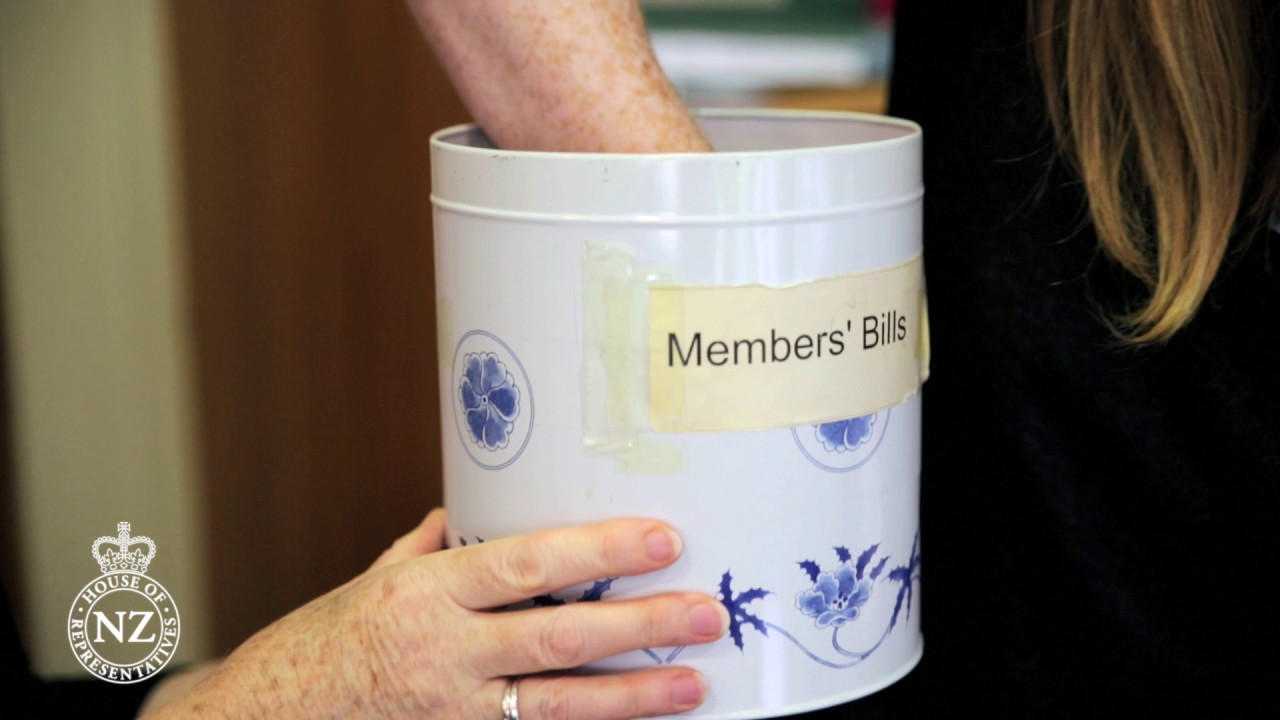
The Plain Language Bill was drawn from the parliamentary biscuit tin on 23 September 2021
We were thrilled to welcome Nelson MP Rachel Boyack as guest speaker at the Plain English Awards ceremony on 14 October 2021. Her speech is below and it’s a great read! Rachel speaks from the heart about her enthusiasm for clear communication and its benefits for New Zealanders. She especially encourages supporters of plain language to support the new Plain Language Bill as it progresses through Parliament.
Now it’s my pleasure to welcome our guest speaker for the Awards. This is Nelson MP Rachel Boyack. As we said earlier, Rachel’s private member’s bill, the Plain Language Bill, was recently drawn in the parliamentary ballot. So it’s very fitting that Rachel joins us today to be our guest speaker. And with the potential for the Plain Language Bill to become law, New Zealand could join the countries around the world that have a legislative basis for plain language in their government agencies and public communications documents. Thank you for joining us, and welcome Rachel.
View the video of Rachel’s speech at the Plain English Awards ceremony

Rachel Boyack MP: Champion of plain language
Tēnā koutou katoa. Ngā mihi nui ki a koutou
It is an honour to join you today and to have the opportunity to speak to you about my private member’s bill, the Plain Language Bill. My thanks to the team who have worked so hard to put on these Awards today during a pandemic. It’s no easy feat.
Congratulations to all of the nominees, finalists, and award winners celebrated today. Thank you for your commitment to plain language and your willingness to put yourselves forward for judging. While it is always risky singling out one organisation for praise, as the MP for Nelson, I am pleased to see Cawthron on the list of finalists today. I’m proud to be a trustee of Cawthron, and I acknowledge their commitment to good science communication. The last two years are a stark reminder of why good science communication is so important.
It is somewhat nerve-wracking to be speaking to a group of communications experts about a Plain Language Bill. Since my bill was drawn from the parliamentary biscuit tin, I had been very mindful that all of my communications must be crystal clear. I would like to acknowledge my colleague, Chris Hipkins, who was the original drafter of the Plain Language Bill almost 10 years ago.
As a new MP, I was asked to take on this bill. And there was a reason that I was delighted to do so. Fifteen years ago, I was a fresh young graduate starting my professional career in a small public sector agency in Wellington called the Leadership Development Centre. I was given a role in communications despite having no formal training in this type of work.
My boss, who was a pedant, sent me on a number of plain English courses with Write Limited. The training from Write set me up in my professional career, and has helped me to ensure that the documents and statements I produce are clear and easily understood. The first thing I did after having my bill drawn was to ask my assistant to ring Write and set up a meeting.
I am keen to work with the sector and all of you, the plain language champions across Aotearoa, as my bill progresses. The purpose of my bill is to require public sector agencies to write their documents and their website content using plain language. Agencies will have a plain language champion who will be responsible for training staff and reporting to the Public Service Commission about plain language use in their agency. Members of the public will be able to raise concerns about documents with the plain language champions.
Plain language is a democratic right. My goal is for more people to have good communication from government agencies so that we can all participate fully in our democracy. I would love your help turning this bill into law. As the bill progresses through Parliament, I am keen to hear from the sector about how we can make the law work better. This is also an opportunity for us to speak out about the benefits of plain language in the public and private sector. So let’s use it.
Thank you again for inviting me to speak to you today. Congratulations to the award winners.
Tēnā koutou, tēnā koutou, tēnā koutou katoa
Meet the Awards winners for 2021
Becoming a country of clarity: more about the Plain Language Bill
Plain Language Bill aims to end bureaucratic bluster
Plain Language Bill not just about ‘dumbing things down’, coach says